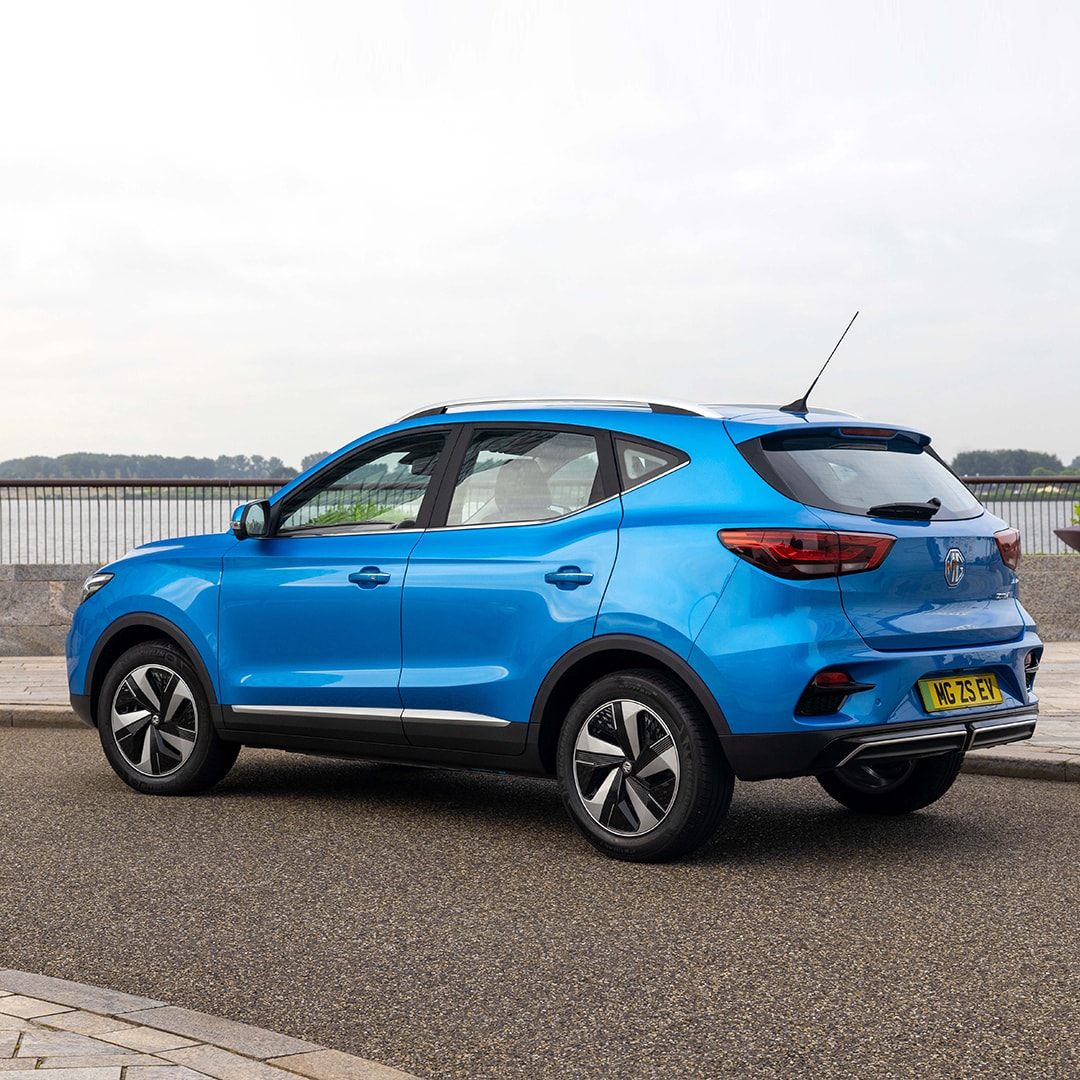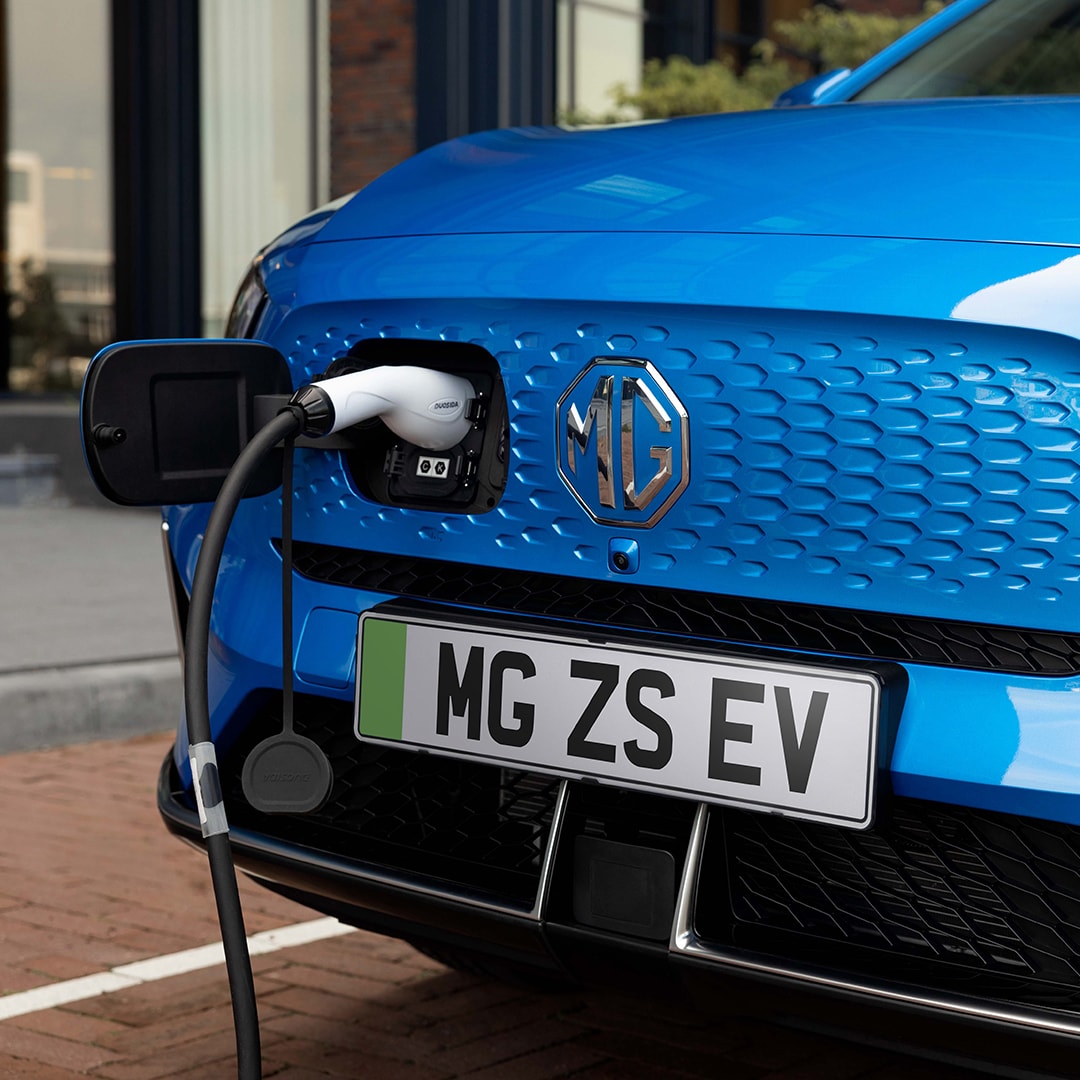How much does an EV cost to run?

With all sales of new petrol and diesel cars being banned from 2030, the future of driving is most certainly electric. Many people are choosing to make the switch now, and are finding themselves pleasantly surprised by the financial savings afforded to them by much cheaper electric car running costs. Because while some electric models may have slightly higher starting prices than petrol cars, there are certainly financial benefits of electric cars further down the line.
Read on to find out why electric cars are cheaper to run in the long-term, and just how much you could save if you convert to an electric car.
How much does it cost to charge an electric car?
One of the main ways that going electric could save you money is in re-fuelling costs. Today’s drivers are used to paying a minimum of around £40 to fill up even the smallest, most economical petrol cars – and fluctuations in the price of oil mean this cost can often be significantly higher. Charging an electric car, however, costs just a fraction of the price.
There are several things that can affect the price of charging an electric car, such as whether you’re charging at home or in public. As a general guide, an overnight charge at home is the cheapest way to ‘re-fuel’, with it costing approximately £6.23 to charge the MG ZS electric from empty. With a range of over 160 miles, this works out at just 3.8 pence per mile.
There is an upfront cost for at-home charging, as you will need to pay between £800 - £1000 for a charging unit. However, the government grant available for electric vehicle charging points can offset some of this, meaning you pay less. Learn more about the government grant available by checking out our charging an electric car from home article.
Charging at public units can be more expensive on an hourly basis, but this is typically because they have a much higher voltage and therefore can charge more quickly. Prices here can range from £1.50 for an hour’s charge to around £6 for 30 minutes using a rapid charger. However, when you consider that this could give you enough power to drive over 100 miles, you quickly realise how much lower the cost of running an electric car on a monthly basis could be.
Electric car Vehicle Excise Duty
VED is used to maintain public roads and motorways, however the amount you pay is based largely upon the CO2 emissions from your car’s tailpipe. Typically, this means that cars with smaller engines and hybrid vehicles pay reduced rates.
As fully electric vehicles, like the New MG ZS EV, have zero tailpipe emissions, they are fully exempt from VED. This significantly reduces electric car running costs, saving car owners between £100 – £320 per year, which amounts to a nice sum over the years that you own the car.
Electric car MOT costs
Of course, some expenses are unavoidable when driving. One of the ways in which electric cars’ running costs don’t differ much from petrol is in their servicing and MOTs. As with petrol cars, electric vehicles need to be serviced annually and then also pass a yearly MOT test once they’re three years old.
Currently, MOTs for electric cars cost the same as non-electric cars. However, the test is slightly different in that there is no emissions element to the MOT. The fact that there is one less thing that the car could potentially fail on means you could save money in the long-run on repairs and re-tests.
Electric car depreciation
As we get closer to the government ban on petrol and diesel vehicles, many experts predict that these cars will begin to lose their value at a faster rate than before. While people will still be able to buy used petrol cars after the cut-off date, additional costs such as Clean Air Charges could make owning one less desirable.
In contrast, electric cars are thought to be depreciating at a slower rate. Now that there are more electric models on the road and popularity is growing, they hold their value much better. While this doesn’t directly affect the running costs of electric cars, it arguably makes them a better value choice.
Insuring electric cars
Finally, many people wonder whether electric cars are cheaper or more expensive to insure. Due to the fact that they were new and seen as specialist, electric cars originally cost more to insure than standard petrol or diesel cars.
Thankfully, however, owners are seeing insurance costs start to decrease. Most major providers now offer electric car insurance, and experts predict that prices will continue to drop as they become more commonplace. While they still cost more to insure, the other savings made on going electric usually more than cover this premium.
Are electric cars cheaper to run?
You may indeed pay more upfront for an electric vehicle, and have an additional cost for an at-home charging unit. Similarly, on an ongoing basis, there are some costs that remain the same whether you’re driving a petrol or electric vehicle. Things such as MOTs and insurance are applicable to all drivers. However, the exemption from road tax and other clean-air initiatives mean that overall running costs of electric cars can be significantly less.
Ultimately though, it is the staggering savings to be made from charging your car rather than filling it with petrol or diesel that see electric owners reap financial rewards. With the government grant also considered, it’s little wonder that so many people are finding that electric cars, such as New MG ZS EV, are cheaper to run.
